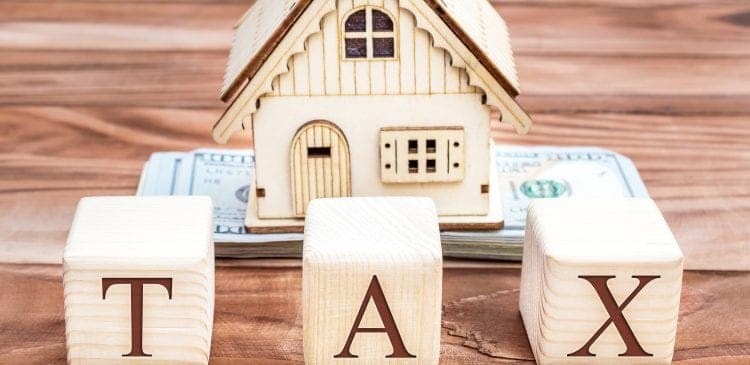IRS Collections: How to Avoid a Tax Lien or Tax Levy

When life happens and you get a collection notice from the IRS, those butterflies in your stomach could turn into mad ravens. The first thing you need to do to put your mind at ease is to find a tax specialist who can work with you to fix the error. If you don’t respond quickly to the notice, it can lead to a host of repercussions.
Your Account Becomes Delinquent
Your account will be delinquent if you don’t pay a bill from the IRS in a reasonable amount of time. Smaller tax debts will be sent to their automated collections system
(ACS) unit, whose primary objective is to set up a payment plan. ACS will initially try to contact you by mail, and if they cannot get a hold of you, they’ll put a lien on your assets.
Notice of Federal Tax Lien
If you’re not able to set a payment plan with the ACS, they may file a federal tax lien. This essentially lets the public and creditors know that you have a tax debt. A lien affects all current and future rights to your property, so if you’re unable to pay your debt, the IRS can seize your property.
Opportunity to Request a Hearing
Before the IRS can send levies or garnishments to your bank and employer, you have a chance to request a hearing. In your hearing request form, you have to express why the IRS shouldn’t pursue a lien or levy. The IRS could reject your request if it isn’t done correctly. If your appeal cannot be accepted or is not received in time, the IRS will escalate its actions, such as seizing and selling your property or even revoking your passport.
You don’t have to go through this alone, though. If you are ever caught in a situation with the IRS, reach out to your friends at Landmark Tax Group. We can work with you to ensure that you never have to go through these steps by yourself. Learn more about how our experts and former IRS Agents can help you by setting up a free, confidential consultation. We’re here for you!



